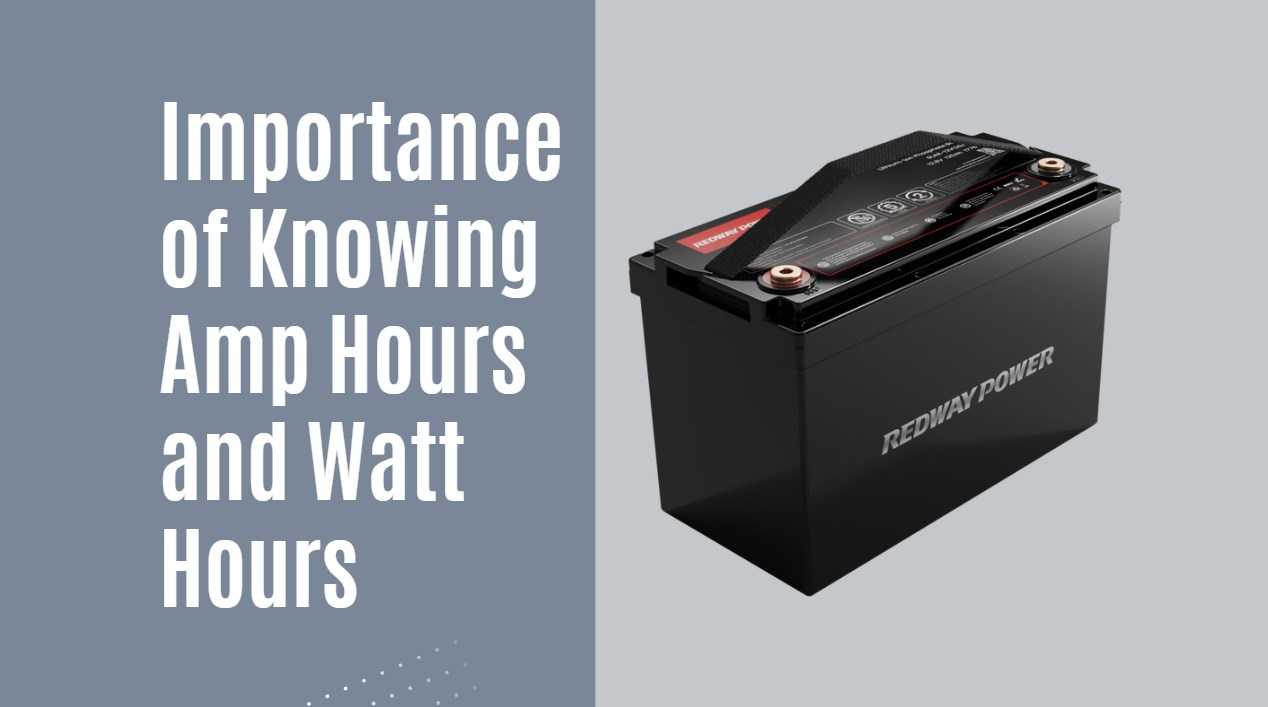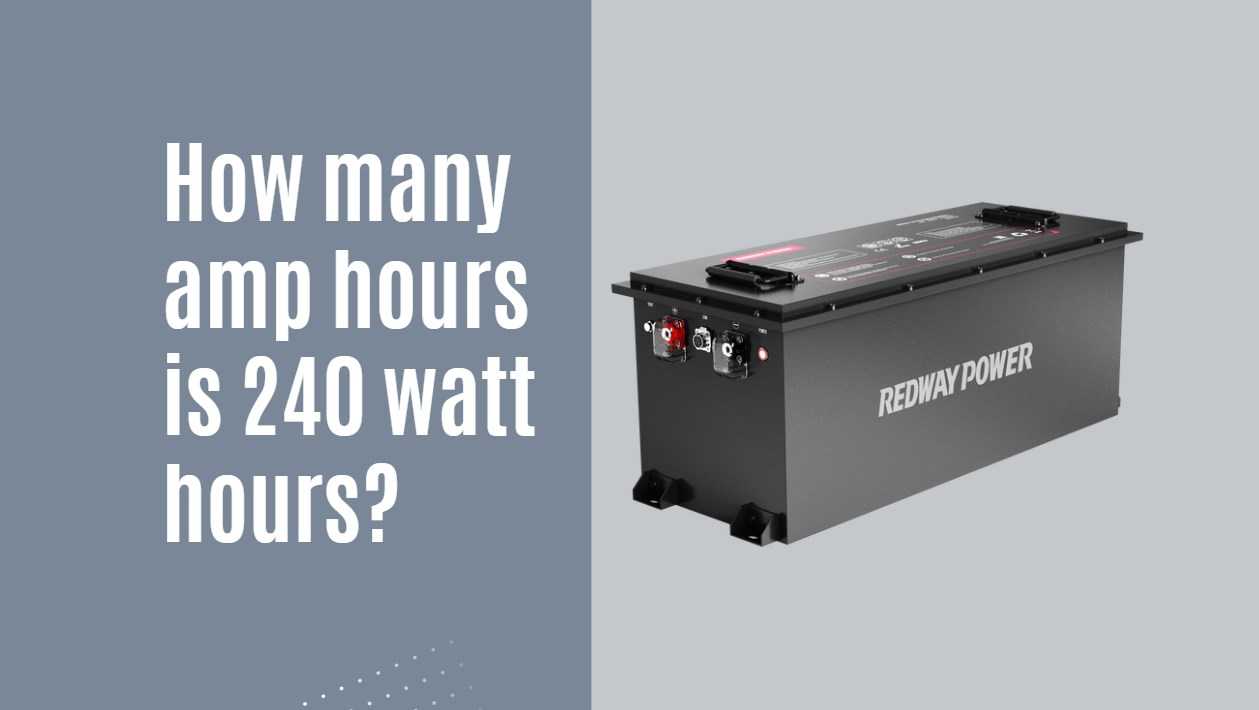The conversion of watt hours to ampere hours depends on the voltage. Without the voltage information, it is not possible to determine the exact number of ampere hours equivalent to 240 watt hours. The calculation requires the specific voltage level.
What are Amp Hours?
- Definition: An ampere hour (Ah) represents the amount of charge transferred by a steady current of one ampere flowing for one hour.
- Battery Capacity: Ampere hours are commonly used to describe the capacity of batteries and their ability to deliver electrical energy over time.
- Application: Ampere hours help in understanding the performance and endurance of batteries in various applications.
What areWatt Hours?
- Definition: A watt hour (Wh) represents the amount of energy consumed or produced when one watt of power is used for one hour.
- Energy Measurement: Watt hours are used to measure the amount of electrical energy consumed by devices or systems over a specific period of time.
- Billing Unit: Utility companies often use watt hours as a billing unit to quantify the amount of energy used by customers.
How to Calculate Amp Hours to Watt Hours
- Voltage Dependency: The calculation of amp hours to watt hours depends on the voltage.
- Conversion Calculation: To convert amp hours to watt hours, multiply the amp hours by the voltage.
- Importance of Voltage: Knowing the voltage is crucial for accurate conversion between amp hours and watt hours.
Examples of Amp Hour to Watt Hour Conversions
When it comes to understanding the relationship between amp hours and watt hours, having some examples can be really helpful. Let’s take a look at a few conversions to give you a better idea of how these measurements relate to each other.
Example 1: Let’s say you have a battery with a capacity of 10 amp hours (Ah). To calculate the watt hours (Wh), you simply multiply the amp hour value by the voltage. If the voltage is 24 volts, then multiplying 10 Ah by 24 volts gives us a total of 240 Wh.
Example 2: Now let’s consider another scenario where we have an electric vehicle with a battery capacity of 50 Ah. If the voltage in this case is around 48 volts, then multiplying these values together would result in approximately 2400 Wh.
Example 3: For our final example, let’s say we have a solar panel system that produces an average output of about 100 watts per hour. If we want to determine how many amp hours this would equate to over a period of four hours, we divide the watt hours by the voltage. So for this case, dividing 400 Wh by say,12 volts gives us roughly around33 Ah.
These examples demonstrate how different combinations of amp hour and voltages can yield varying watt hour values. It is important to understand these conversions as they play an essential role in determining power usage and storage capacity for various devices and systems.
Remember that factors such as efficiency losses or variations in voltage levels can affect precise calculations but hopefully these examples will help clarify how amp hour and watt hour measurements are related!
Importance of Knowing Amp Hours and Watt Hours

- Power System Design: Knowing amp hours and watt hours helps in designing efficient and reliable power systems.
- Battery Capacity: Understanding these measurements aids in determining the capacity of batteries for solar setups and electric vehicles.
- Runtime Estimation: Knowledge of amp hours and watt hours allows for accurate estimation of the runtime of electronic devices.
Factors that Affect Amp Hour to Watt Hour Ratio
- Temperature: Temperature variations can affect the efficiency and overall capacity of a battery, altering the watt hours to amp hours ratio.
- Internal Resistance: Higher internal resistance can lead to energy losses and impact the watt hours to amp hours conversion.
- Charging and Discharging Rates: The rate at which a battery is charged or discharged can affect its capacity and the watt hours to amp hours ratio.




